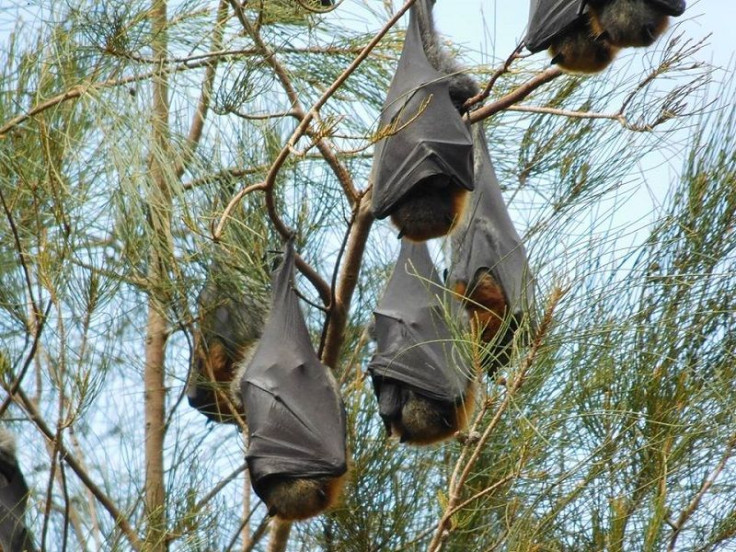Rescuers describe ‘heartbreaking’ day as Australia's bats succumbed to the heatwave

Australia's largest bat species are dying due to the heatwave. At least 500 youngsters were found dead because of exhaustion and dehydration, according to experts.
Some animal rescuers in Sydney took to social media to describe "heartbreaking” scenes of the vulnerable-listed bat species dying by the hundreds. Volunteers tried to save 80 young "flying foxes” with fluids, but hundred of baby bats had succumbed to the heat.
Photos of bats were posted at the Help Save the Wildlife and Bushlands in Campbelltown Facebook page. The post describes a “dreadful and heartbreaking day” for SW and Wollondilly WIRES rescuers as temperatures soared above 44 degrees.
Among the hardest hit was the Campbelltown Flying Fox colony. Some bats were found dead on the ground while others still hung on trees. The post adds that there was not enough canopy cover to shade the baby bats or keep them cool.
“There were tears shed and hearts sunken, it's devastating when a colony like our local one goes down like this due to heat, this colony needs more canopy cover and shaded areas to help with our ever rising hot summers because this episode will surely not be the last,” the group said. In the post’s comment section, they explained that flying foxes are intelligent and remarkable and that they help regenerate forests and keep ecosystems healthy.
Pteropus poliocephalus are grey-headed bats that live in wooded and swamp regions. They are regarded as "keystone pollinators” and “seed dispersers” for more than 100 species of native trees and plants.
Over the weekend, Sydney recorded temperatures topping 113 degrees Fahrenheit, making it the hottest day for the metropolis since 1939. Researchers in a Royal Society Biological Science Proceedings article have said that climate warming contributed to bat deaths in New South Wales.
"Temperature extremes are important additional threats to Australian flying-foxes and the ecosystem services they provide, and we recommend close monitoring of colonies where temperatures exceeding 42.0°C are predicted," they wrote.
The Australian federal government launched an action plan in 1999. At that time, it said that the loss of native habitat and destruction of roosting had left the species "vulnerable."
The state government of NSW has a policy of encouraging orchardists to net foraging bats. However, the program of subsidising nets was closed down last year.
The flying fox is the country’s most common bat. However, Science stated that it is still vulnerable to extinction.






